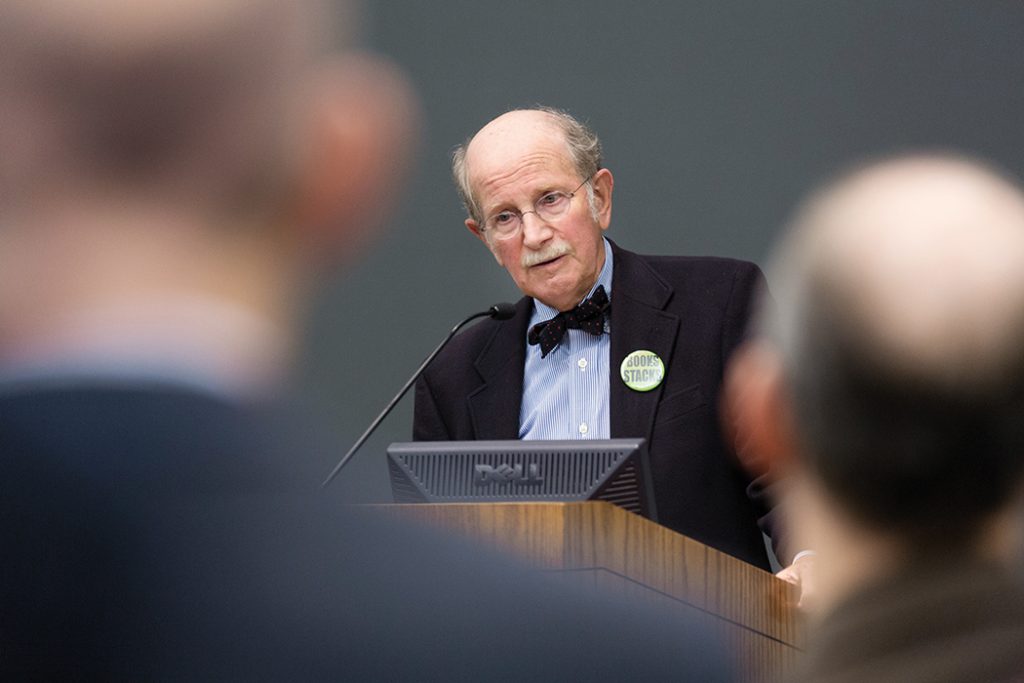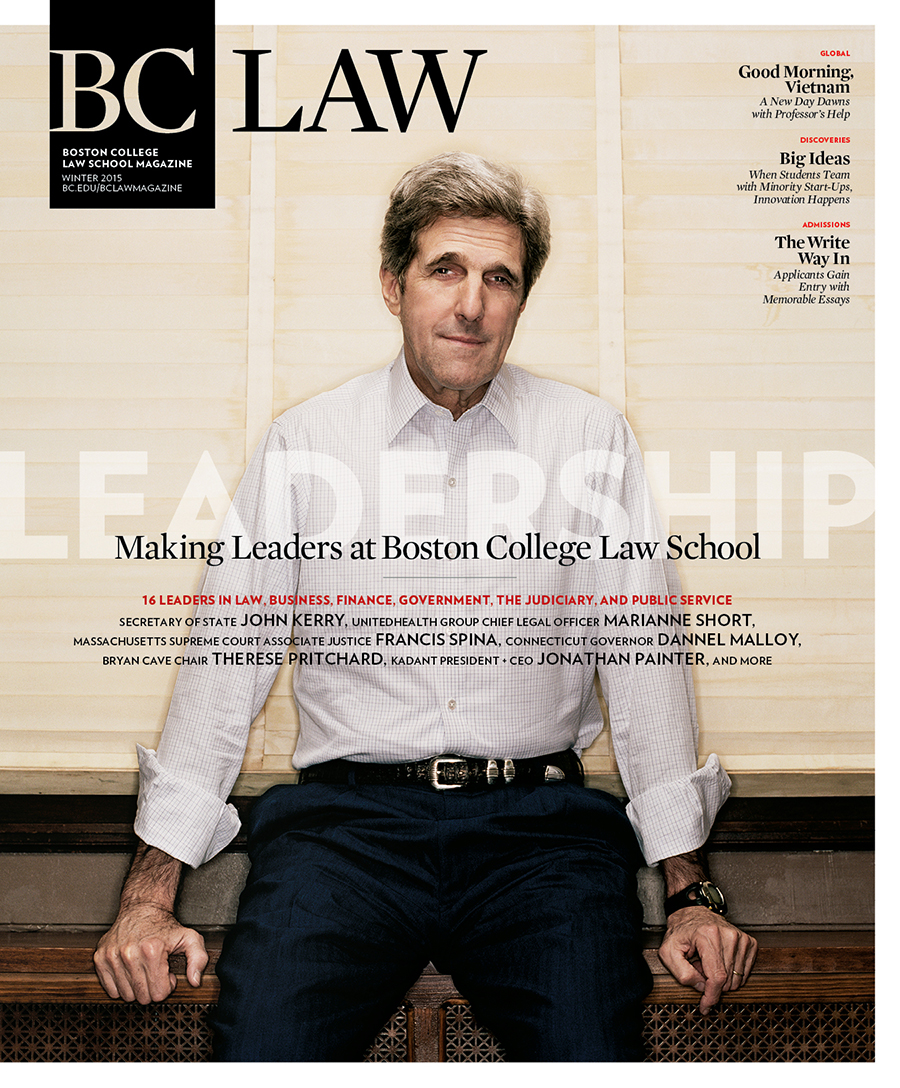What are the implications when we think the law is doing one thing, but it’s really doing another? That question runs through much of Professor Ray D. Madoff’s scholarly work.
She says that an area to which it particularly applies is philanthropy: The law does not guarantee that monies eligible for the charitable tax deduction reach those in need.
“We grant the charitable deduction, which is expensive for the country and also has a social imprimatur that this is something that’s worthy of doing, but we don’t ensure that the money actually goes to charitable purposes,” she says.
That’s a significant indictment of this sector of the American economy, which gave more than $335.17 billion to some one million nonprofit organizations last year.
“We grant the charitable deduction, which is expensive for the country and also has a social imprimatur that this is something that’s worthy of doing, but we don’t ensure that the money actually goes to charitable purposes.” —Professor Ray Madoff
Madoff is at the forefront of efforts to remedy the situation. Those efforts took a giant step forward when she, with Adjunct Professor Bill Bagley and Associate Professor Brian Galle, organized the Convention on Promoting Meaningful Reform in Philanthropy, held at the Law School September 18 and 19.
Underwritten by the Ford Foundation, the Hewlett Foundation, the Barr Foundation, the Rhode Island Community Foundation, and the Lewis B. & Dorothy Cullman Foundation, the invitation-only conference was quite possibly the only time that more than thirty leading economists, historians, legal academics, practitioners, philanthropists, and foundation leaders were engaged together in high-level discussions on the question of philanthropy reform. They discussed the many ways that the current legal regime causes charitable dollars to get stuck in non-charitable coffers, and the pros and cons of various solutions. The talks culminated with participants starting to strategize ways forward.
Setting the tone was Stanley Katz, president emeritus of the American Council of Learned Societies and director of the Princeton University Center for Arts and Cultural Policy Studies, who delivered the keynote address. He traced the history of philanthropy from its origins at the turn of the twentieth century to today, and focused his critique on the time-honored concern that foundations empower wealthy individuals to influence public policy without public accountability. Today, with the rise of mega-philanthropists in this era of unprecedented concentrations of wealth in America, that concern may be more pungent than ever, Katz implied. Yet historically, Congress has been reluctant to meaningfully regulate the philanthropic sector.
To the extent that Congress has looked at philanthropy, critics say it has done so rather superficially. At the convention, participants discussed a more substantive set of issues that are ripe for congressional review. Madoff sees two major problems with the status quo: “The money that charities are not paying in taxes and that are eligible for the charitable deduction are resulting in less money for the federal government, which requires the rest of us to pay more taxes on our wages and other forms of income,” she says. “We rely on the charitable sector, and to the extent that we have charities that we believe in and we support, those charities are being deprived of resources when we grant the charitable deduction to funds that don’t have to actually make their way to charity.”
In closed door sessions, Madoff reports, “We got a lot of feedback from people being very interested in continuing this work,” a sign that a major conference goal will be achieved: the formation of the Forum on Philanthropy and the Public Good. It will be a think tank and its work will consist of convening public forums, producing research papers, and educating members of Congress.
Madoff is undaunted by Congress’s neglect of this area of law. “Every issue has its time,” she says. “Given the roles of wealth inequality in this country, the low tax regime, and the reliance on philanthropy to do so much of the basics in our civic society, this is a time when these issues are ripe and ready for attention.”
To view the philanthropy conference, go to bc.edu/lawmagvideos.



